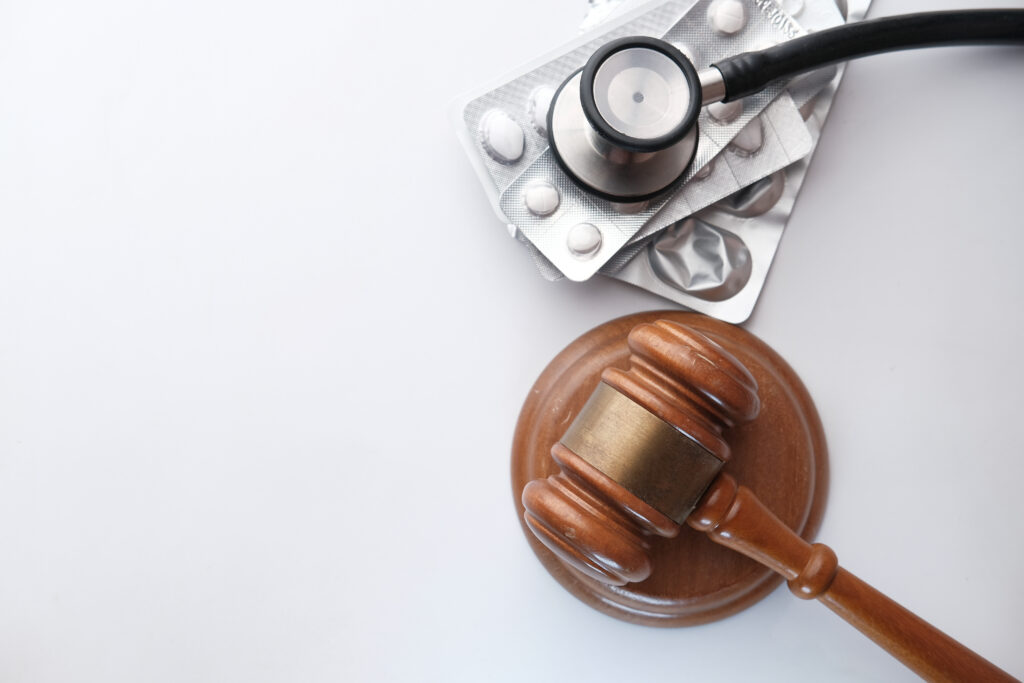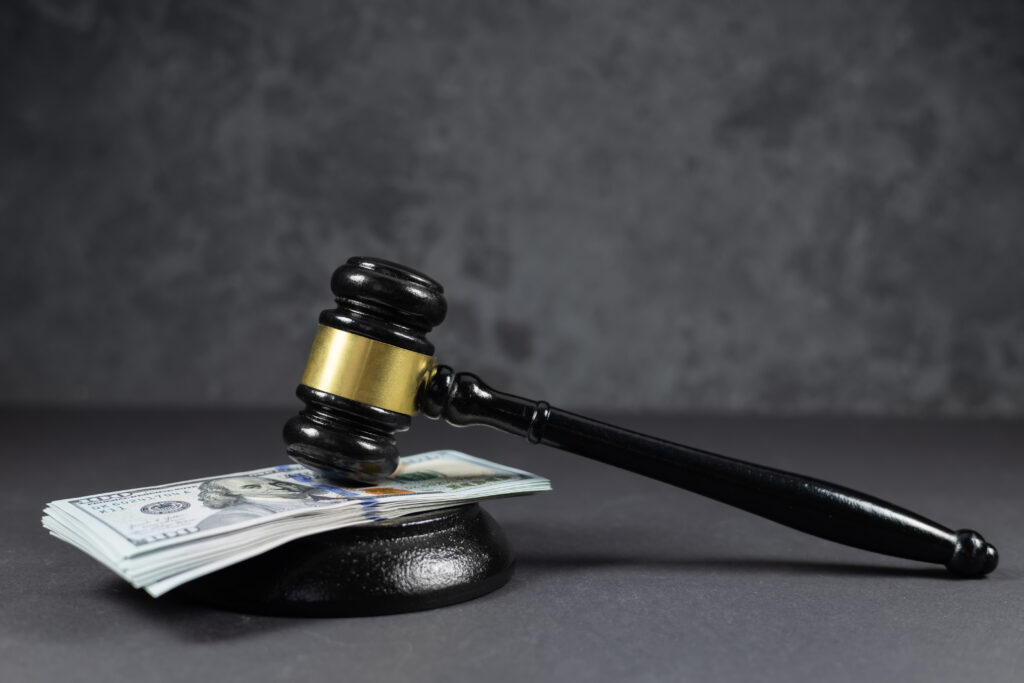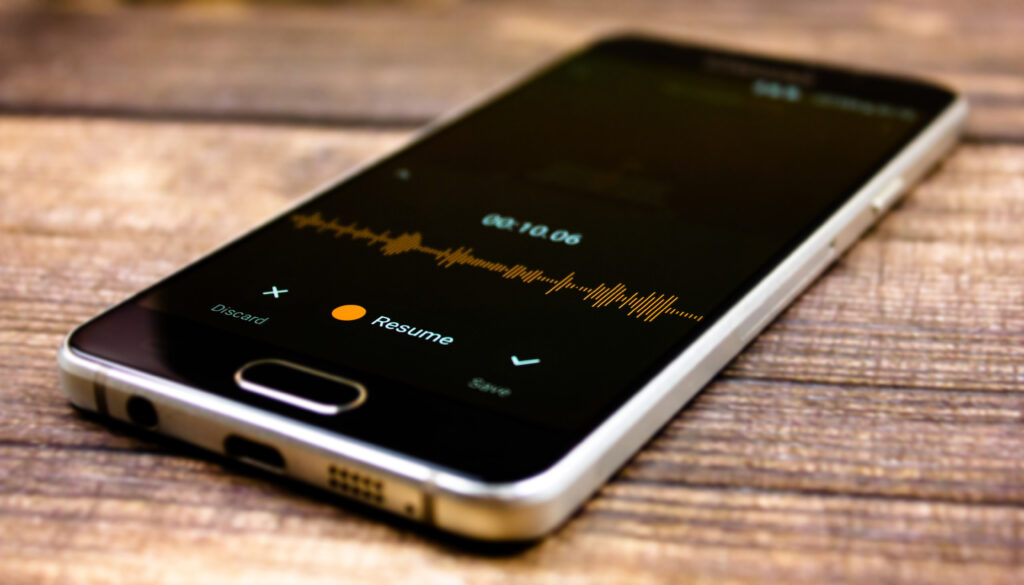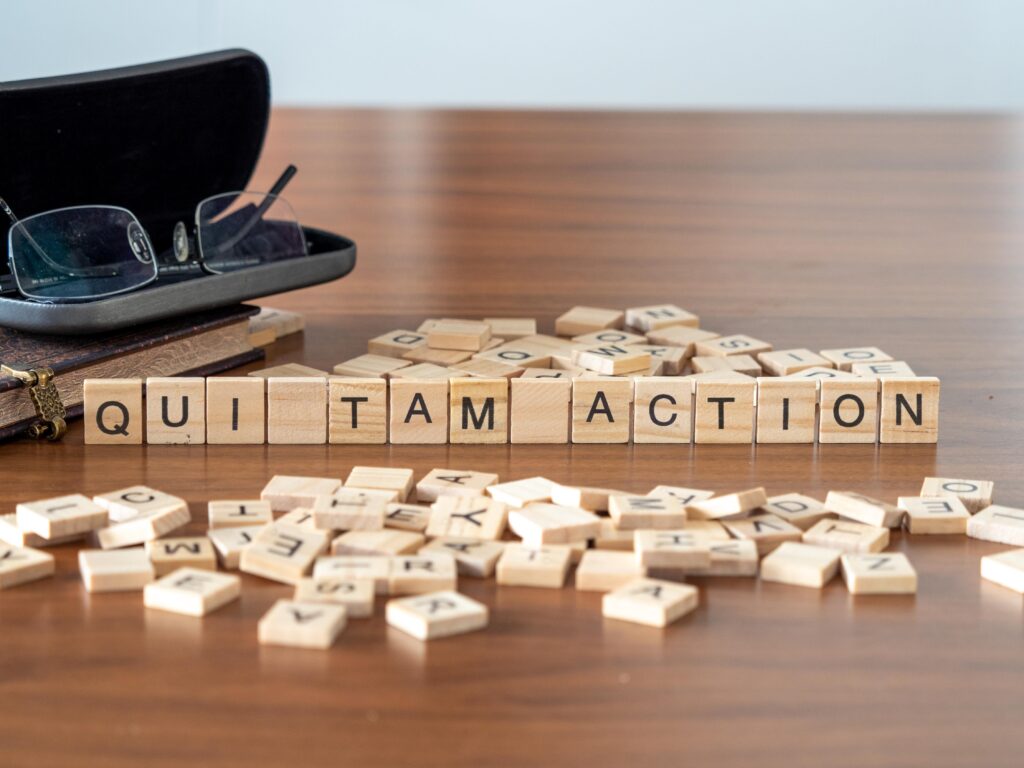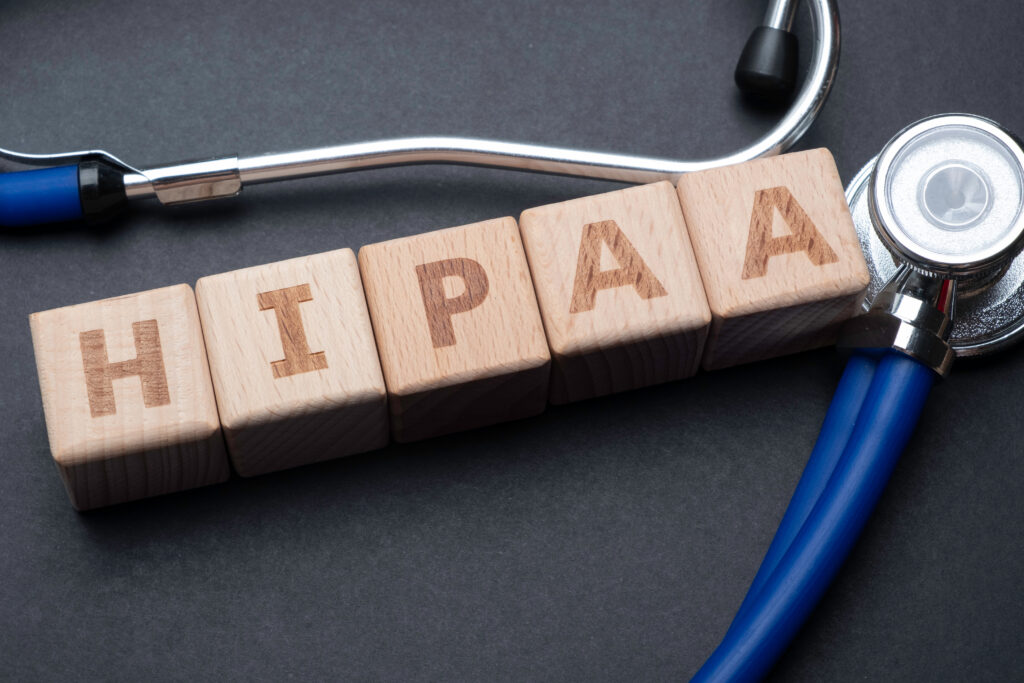Covid Fraud and the FCA
The False Claims Act is a useful, but imperfect tool for combatting COVID fraud – During the Coronavirus pandemic, the United States paid out more than a trillion dollars in aid to the American public, ranging from unemployment assistance, to extra payments to hospitals and other healthcare providers, to small business loans under the Paycheck Protection Program (“PPP”). Given the urgency of this financial assistance, speed was a higher priority than oversight. And, not surprisingly, fraudsters took advantage of this dynamic to pocket billions of dollars. For example, according to a Government Accountability Office (“GAO”) report from September of 2023, fraud in unemployment insurance programs alone is estimated to have cost between $100 billion and $135 billion—over 10% of the benefits paid. Very little of this money has been recovered by the government to date.
So is there a role for FCA whistleblowers in recovering these billions in ill-gotten COVID dollars? Absolutely. But some types of COVID fraud are more easily pursued through FCA actions than others. The crooked boss who uses PPP money to buy a sports car rather than pay employees might be egregious, but that is probably better suited for criminal enforcement than a qui tam action under the FCA, where the focus is on recovering government money more than punishing the wrongdoers. Where the False Claims Act is far more useful in combatting COVID fraud is in traditional healthcare settings—hospitals, nursing homes, telehealth services, and the like. These types of healthcare companies received billions of dollars during the COVID public health emergency and benefited from relaxed rules and regulations. As in any industry, some companies took advantage of this crisis to line their own pockets instead of prioritizing the needs of patients and employees.
The Department of Justice has made fighting these types of fraud a priority—both on the criminal and the civil sides of the department. But the government’s resources go only so far, and it relies on whistleblowers with knowledge of such fraud to help with its enforcement efforts. If you have knowledge of a healthcare entity diverting COVID funds or abusing rules or regulations implemented during the public health emergency to defraud Medicare or Medicaid, then the time to speak up and to take action is now.


